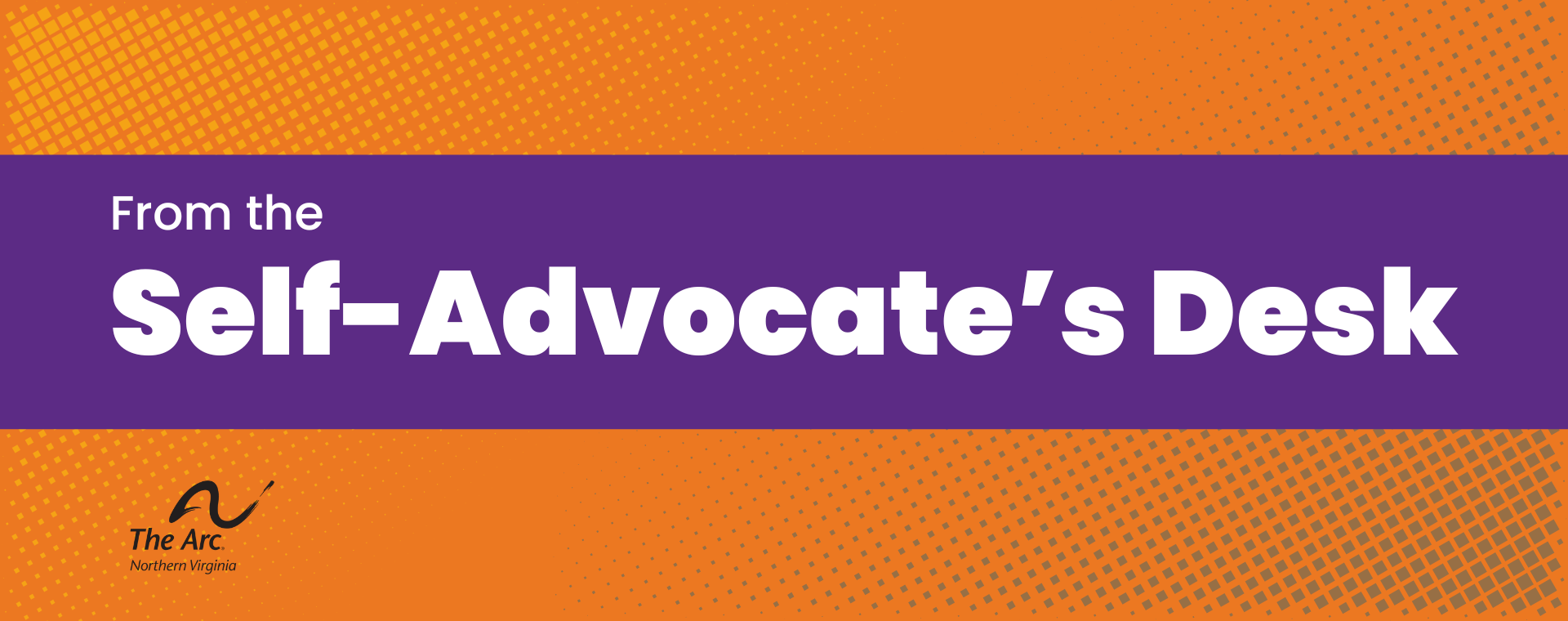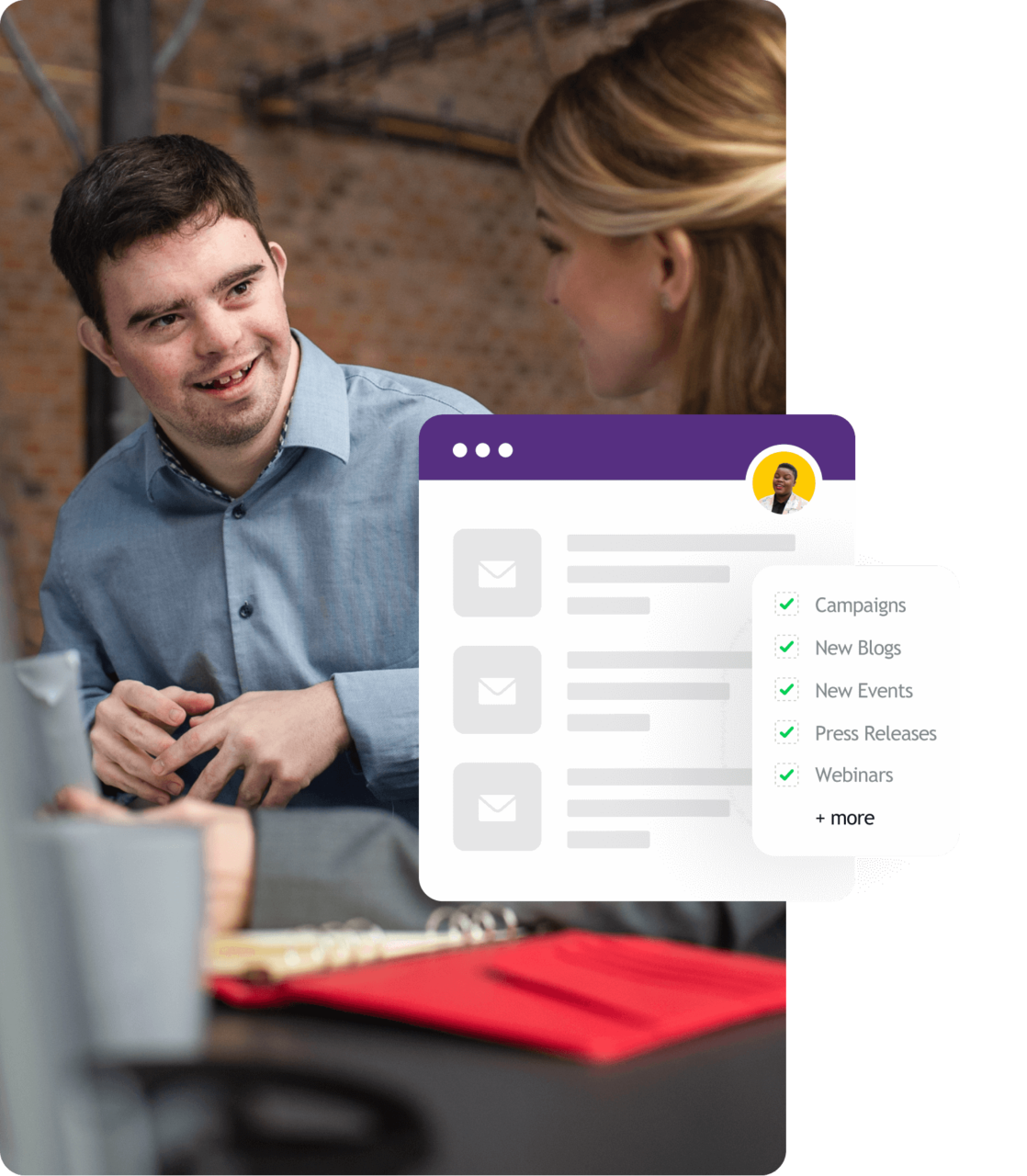Hello, my fellow advocates and community members,
I am writing to address a matter that is both deeply personal and critically important: the implications of the newly adopted lottery system for admissions into the Academies of Loudoun, specifically the Monroe Advanced Technical Academy (MATA).
On October 22, 2024, the Loudoun County School Board approved significant changes to the admissions process for MATA, a Governor’s STEM Academy offering programs in auto repair, construction, culinary arts, nursing aide training, pharmacy technology, and more. These changes include removing the PSAT requirement and implementing a lottery-based selection process for programs with more applicants than available seats.
According to Little River District representative Sumera Rashid,
“All qualified applicants will be offered MATA enrollment, placing them in an automated lottery if applications exceed enrollment capacity.”
While this may be seen as a step toward equal access, it raises concerns about whether this shift will genuinely promote inclusion—especially for students with disabilities.
Lived Experience: Barriers and Breakthroughs
My own admission into Monroe (2016–2017 academic year) came after a multifaceted and, at times, arduous process. As a student with an Individualized Education Program (IEP), I was required to:
- Submit a detailed personal essay
- Participate in emergency IEP meetings across school and district staff
- Provide extensive documentation and multiple references to validate my readiness
Conversely, some of my peers with similar support needs were offered placement with minimal administrative steps. The disparity revealed inconsistencies in how disability-inclusive practices were applied, even under a more selective admissions model.
Nevertheless, my time at Monroe was a deeply formative experience. Through participation, I:
- Became a member of the Leesburg chapter of Future Farmers of America (FFA)
- Earned my Greenhand Degree
- Secured a scholarship that supported two years of higher education
- Completed volunteer service and gained real-world, career-aligned work experience
- Was one of very few students selected for a full-time Student Worker position —my first real job
- Received a Quarterly Recognition Award for my performance and contributions
These achievements would not have been possible without access to a learning environment tailored to practical skill development—something that is often limited or inaccessible in traditional academic settings for students with disabilities.
Why This Matters
The rationale behind the lottery system is to increase equity, but we must ask: equity for whom, and at what cost?
Many students with disabilities already face structural and procedural barriers to accessing specialized programs. Moving to a lottery-based system risks sidelining students who are motivated, prepared, and capable but may lose out due to chance. This is not merely a philosophical issue; it has real consequences for workforce development, student morale, and the broader goal of educational equity.
As several community members, students, and alumni noted during the November 26 public comment session, admissions based on luck rather than demonstrated interest or aptitude could weaken both classroom engagement and employer confidence. Students genuinely passionate about caregiving, for example, might find themselves side-by-side with peers who applied to avoid their base school, potentially undermining the professional standards MATA aims to uphold.
Call to Action
We must advocate for admissions models that honor both access and preparedness. This includes:
- Ensuring individualized supports during the admissions process for students with disabilities
- Creating pathways that recognize effort, passion, and potential alongside traditional metrics
- Involving disability advocates in the policy development and implementation processes
The Arc of Northern Virginia believes in a future where people with intellectual and developmental disabilities are fully included in every aspect of community life—including access to meaningful education and employment pathways.
Let us ensure that “inclusion” is not just a word we use, but a standard we uphold. I urge educators, policymakers, and community leaders to reassess how equity and excellence can coexist in admissions decisions for career and technical education.
Thank you for reading, and thank you for standing with all students.
Sincerely,
Ian Allan
Self-Advocate for The Arc of Northern Virginia

